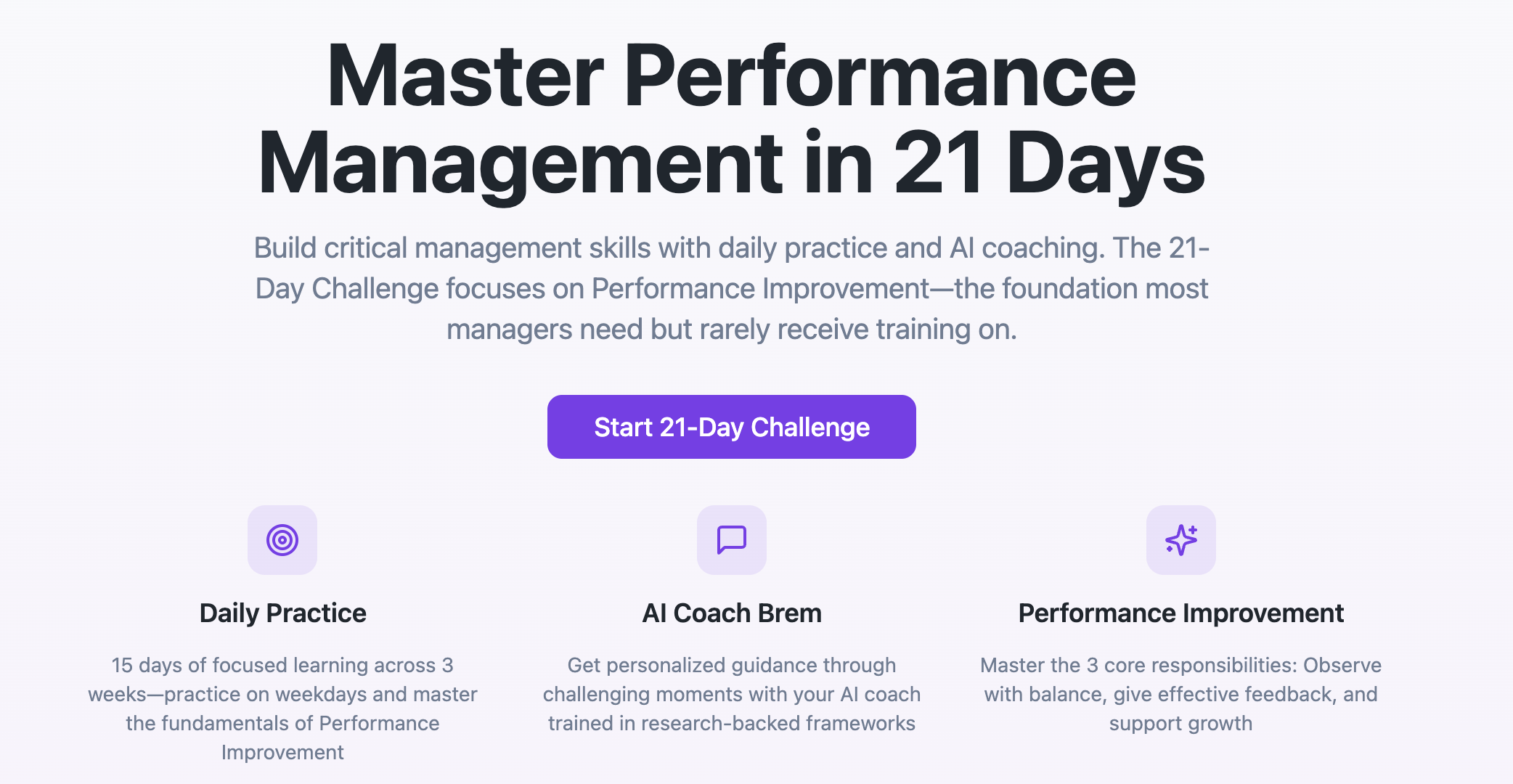It’s the beginning of the new year and regardless of whether your team is hitting the ground running or struggling to get back started, you’re likely due for a reset. Back when I was a teacher I was surprised each year to discover that even after a full semester of rhythms and routines, my students returned in January acting brand new about school. (I mean, I did teach elementary so perhaps that factored a bit into their short term memory). I basically had to spend the first few weeks in January re-setting expectations, revisiting rhythms and routines, and reminding the class about our ultimate goal at the end of the year. Later as a manager I found these same three steps to be important for re-grounding my teams after a long layoff.
Re-setting expectations provides clarity right out of the gate and ensures you don’t waste any time. For most teams, the beginning of the year is either right after, or right before annual performance review conversations. For managers preparing to provide feedback, clarity about role expectations is paramount. It’s also important to be clear with your team about collective expectations. For our first week back this year, our team spent time grounding in our expectations for how we work together and what we need from each other in order to do our best work. Clarity around our expectations for one another saves us time down the line when it comes to getting the work done.
Next up is revisiting rhythms and routines, which allows you to manage the flow of the work . Most managers set the cadence of important routines like team meetings and individual check-ins. But a key question managers should ask at the start of the new year is, how are these current rhythms working for us? Perhaps your team works best together after everyone has had ample deep work time in the mornings, or full days of solo work. If that’s the case you might consider switching up your meeting schedule to accommodate a more natural flow for your team. One thing we discovered wasn’t working for us was mixing strategy and tactical conversations, so we created a separate stand up meeting to address what we call “rubber balls” (follow ups that need to be dealt with outside of strategy meetings). The point here is to identify what routines best fit the needs of your team, and then stay laser focused on leaning into those practices.
Finally, since we’re in the season of goal setting, the beginning of the year is a perfect time for managers to revisit your personal and team’s annual goals. You can use the extra momentum from the focus already on personal improvement to build investment with your team. For us, we invite all of our team members to share both their personal and professional intentions and we look for ways to find alignment between the two.
We’re building a movement to change how we work, and we believe managers are the key lever. To learn more about our work and get involved, connect with us at www.managereq.com.



